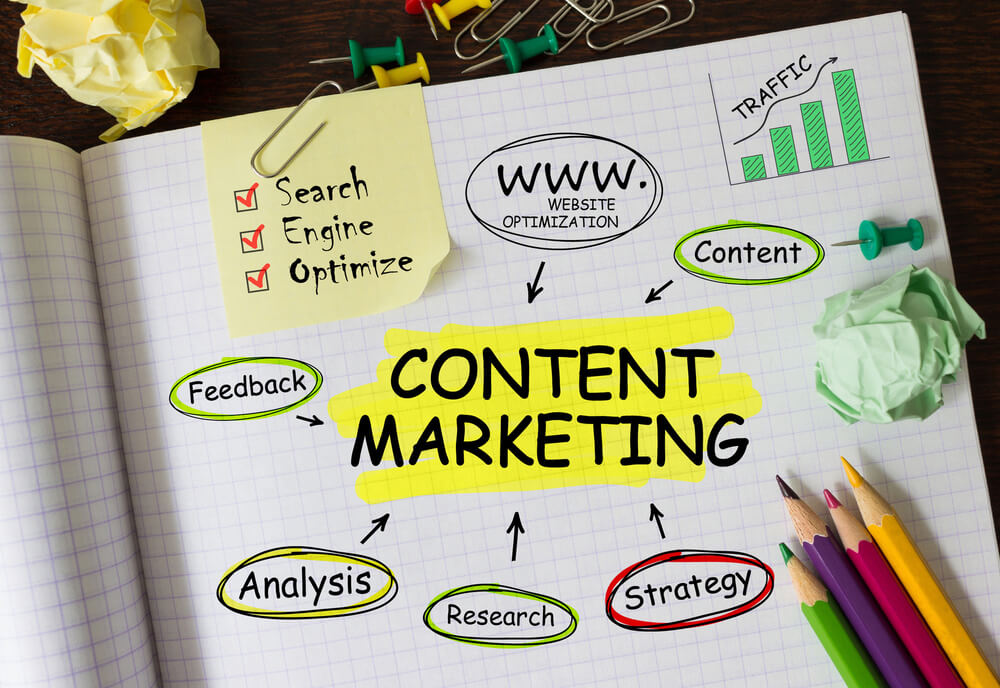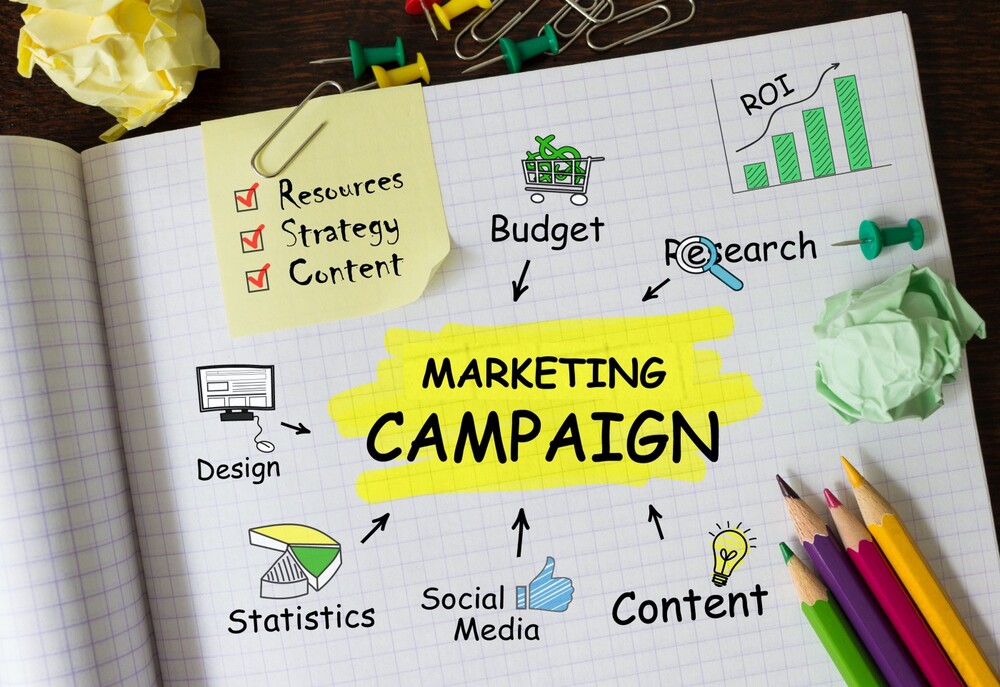Over the past few years, marketing technology (Martech) has gained momentum. According to research studies, there are 8,000 different marketing solutions available on the market.
Furthermore, marketing technology has become marketers’ everyday necessity. Statistics show that savvy marketers use more than five Martech solutions every day to get their work done.
In 2021 and beyond, the use of advanced marketing technologies will keep growing. The Coronavirus pandemic and remote business opportunities have contributed to the rise of marketing tools. According to Gartner, 26% of the total 2021 marketing budget will be allocated to technology, making it a top priority for marketing professionals.
Marketing technologies improve marketing operations in multiple ways. They increase the overall productivity of marketing teams, automate menial tasks, and reduce expenses.
Here is why technology is important in the marketing field.
Advanced Offline Marketing Solutions
With the rise of digital marketing solutions, we often neglect the value of offline marketing. Traditional marketing solutions, such as flyers, direct mail, or billboards can increase your reach, maximize brand awareness, and boost the overall foot traffic.
Now, the goal is to transform your brand reach into conversions. You can achieve that by combining online and offline marketing solutions.
One such example is indoor LED Trueview flip-chip displays, which have ruled over the digital signage world. With these technologies, there are no restrictions on the content or size of installation. Their sharp images will captivate users and make your marketing campaigns more realistic.
QR codes are another example of combining online and offline marketing. You can add them to your promotional materials, such as your storefront, flyers, packaging, or business cards. Once a user scans the QR code, it takes them to your website’s homepage, product pages, social channels, etc. You can even use them to promote special deals and time-sensitive offers. Most importantly, you can track the effectiveness of QR codes via Google Analytics.
-
Artificial Intelligence
The use of artificial intelligence in marketing is growing. It streamlines marketing teams’ performance, improves data analytics, and provides better insights into campaigns.
Now, the use cases of AI in marketing are multiple.
-
Automation
Artificial intelligence goes hand in hand with marketing automation. It translates your raw data into strategic decisions and meaningful interactions.
Today, marketing is all about data. What matters today is how fast and accurately you will generate this data, analyze it, and turn it into actionable insights.
Artificial intelligence analyzes massive datasets and provides better insights. Based on them, you can determine the next best actions for customers and deliver better user experiences.
-
Predictive Analytics
With the rise of big data, marketing teams are having a hard time actually gaining insights from it. AI helps marketing teams make the most of their data using predictive analytics. It combines machine learning, algorithms, and datasets to predict customers’ future behavior. That way, marketing professionals can understand the types of products customers are interested in.
For instance, Amazon uses predictive analytics to recommend products to customers based on past purchases and past behaviors. That way, it improves customer experiences, boosts conversations, and maximizes customer retention.
-
Chatbots & Conversational Experiences
With the rise of natural language processing, chatbots have become a core aspect of customer service. When integrated with social networks, mobile applications, and websites, they deliver an immersive, self-service experience.
Customers with more basic customer service queries can use chatbots to find the desired information faster. AI bots “understand” customer queries and leverage historical data to deliver insightful feedback.
When created strategically, chatbots can increase customer satisfaction, boost engagement, and lead to faster purchases.
-
Extended Reality
Extended reality is an umbrella term for augmented reality, virtual reality, and mixed reality. It provides immersive user experiences and lets you create interactive marketing campaigns at every touchpoint. Precisely because of that, the market for XR technology will exceed $18 billion by 2023.
Now, there is a lot you can do with XR solutions in marketing, from launching VR/AR mobile apps to creating 360-degree videos. Here are several examples of how extended reality enhances marketing campaigns:
-
Launching Mixed Reality Popups
While we have all heard of AR and VR, MR technologies are still less common. With the use of mixed reality (MR), customers interact with physical elements and digital representations at the same time.
One such example is holograms that combine a digital graphic and a physical setup. For example, you can design popups where customers can experience your products in an innovating and engaging way.
-
Exploring Products in a more Engaging Way
Online customers cannot touch or see your products in person. To build trust with them and inspire them to purchase from you, you need to create detailed product descriptions and invest in product photography.
Now, with virtual reality technologies, you can take user experiences to a whole new level. Many fashion and beauty brands have created VR applications. Customers can upload their photos and try different styles and beauty products in real-time. IKEA has also designed a VR platform that lets you virtually place 3D models in your very own space.
-
5G Technologies
Internet connections are evolving at an astonishing pace. One such example is 5G or the fifth generation of wireless networks. It delivers extremely high loading speeds and better connectivity, enabling consumers to get the most out of your online content.
With these technologies, companies will be able to serve higher-quality content. They will deliver interactive and immersive experiences across various channels. Most importantly, 5G enhances data collection and provides more granular insights into it.
5G and extended reality technologies are a match made in heaven. With these solutions, marketers can deliver more immersive content across a wide range of connected devices. VR and AR will become more realistic, while high-quality video marketing will dominate the digital marketing landscape.
Over to You
The Martech ecosystem is growing at an astounding pace. These are just some of its numerous benefits for savvy marketers. Martech solutions increase marketing teams’ performance, automate tasks, and deliver better insights. Most importantly, they boost customer satisfaction and give you a competitive advantage.






